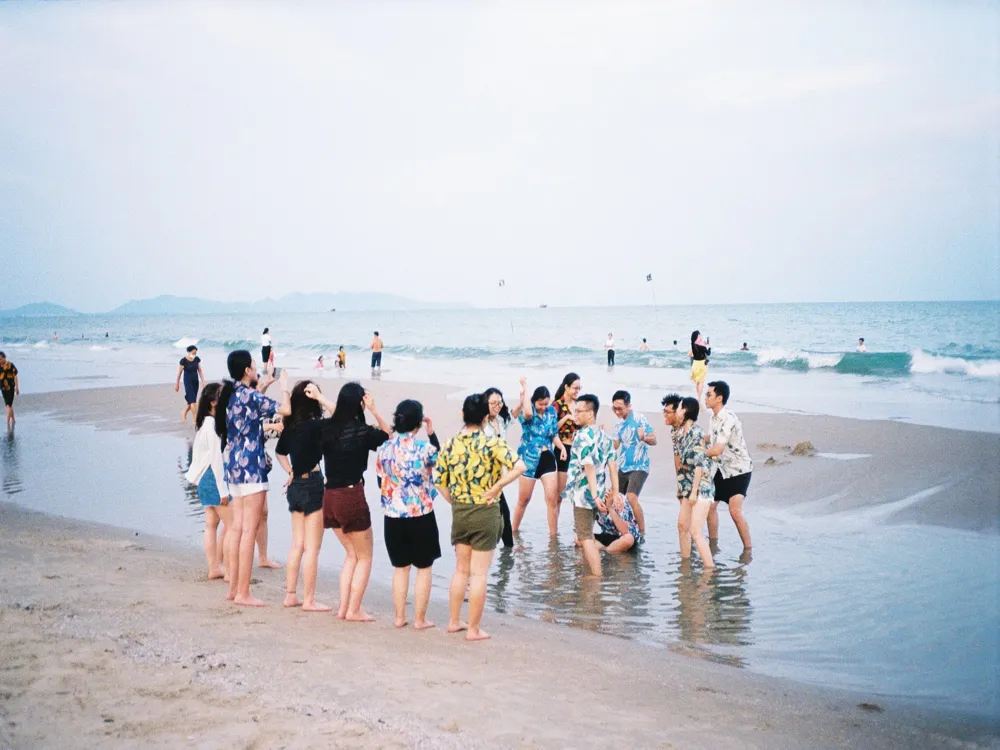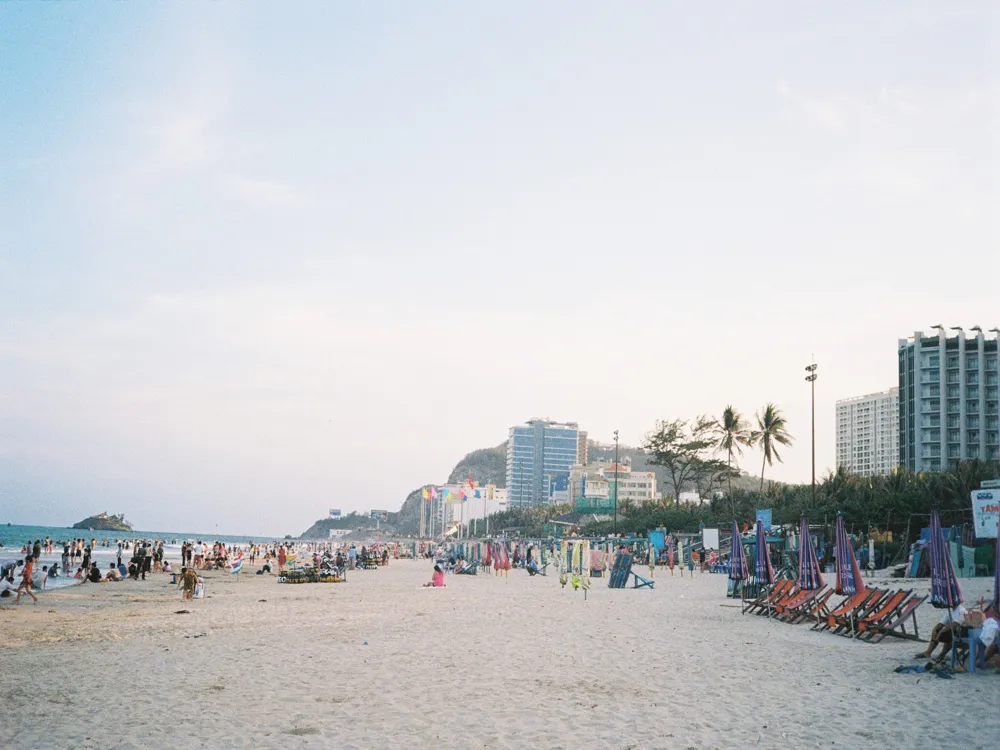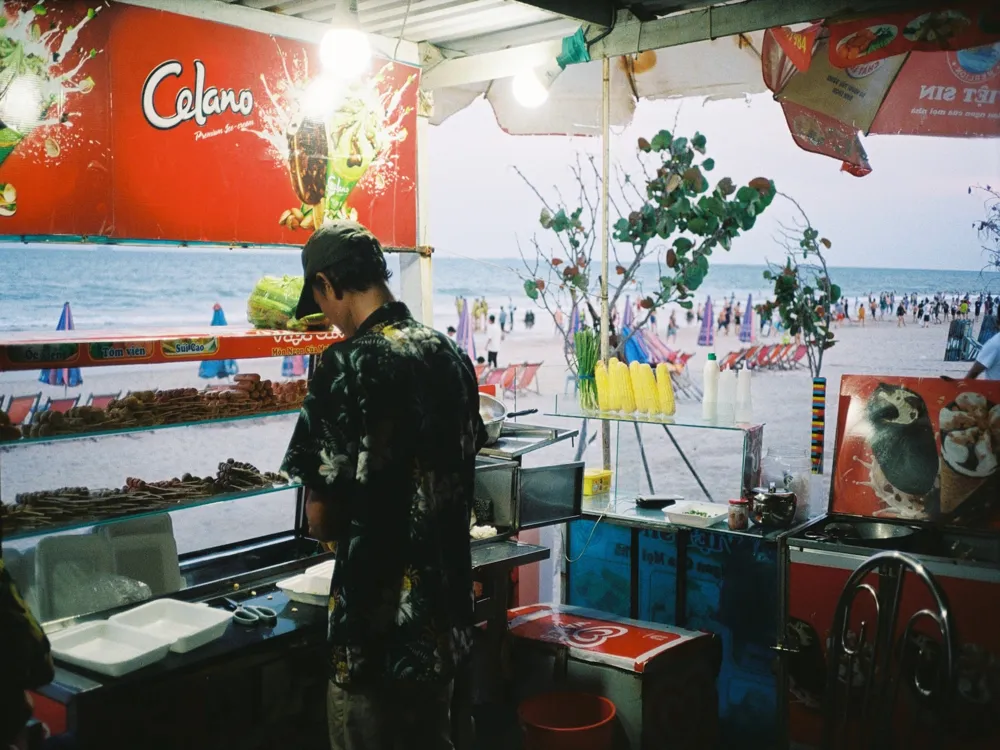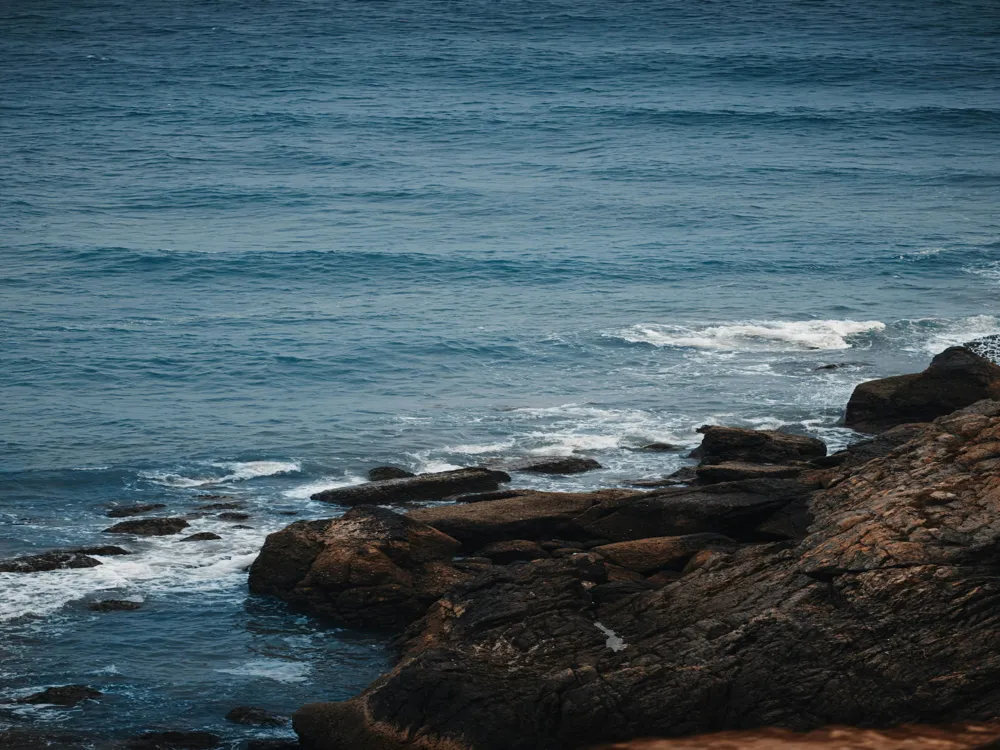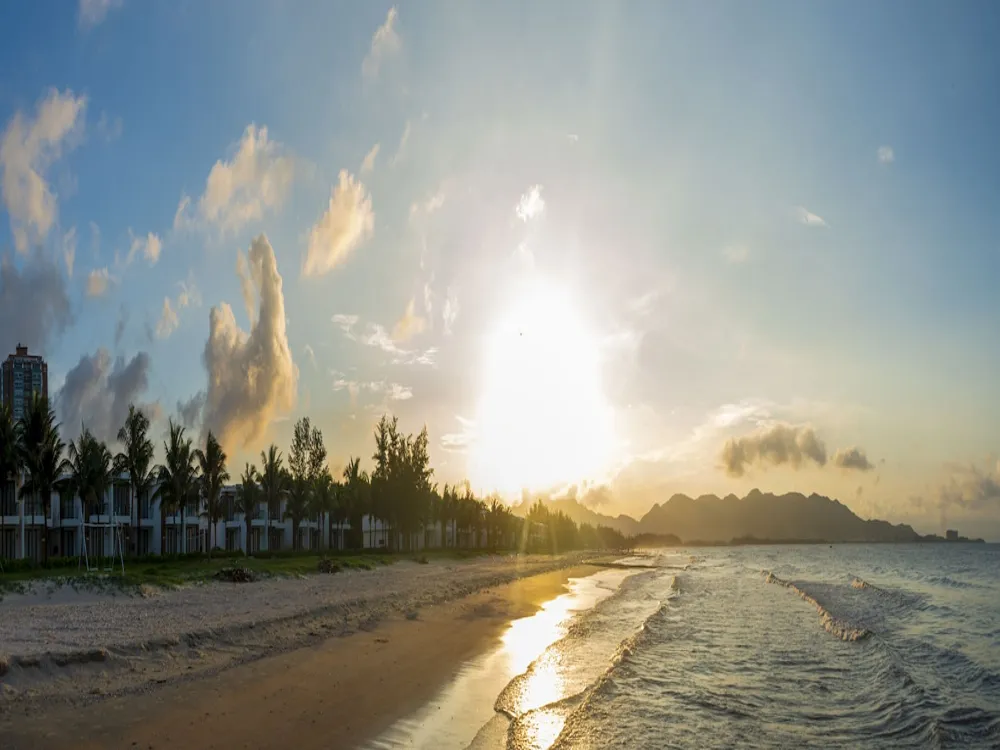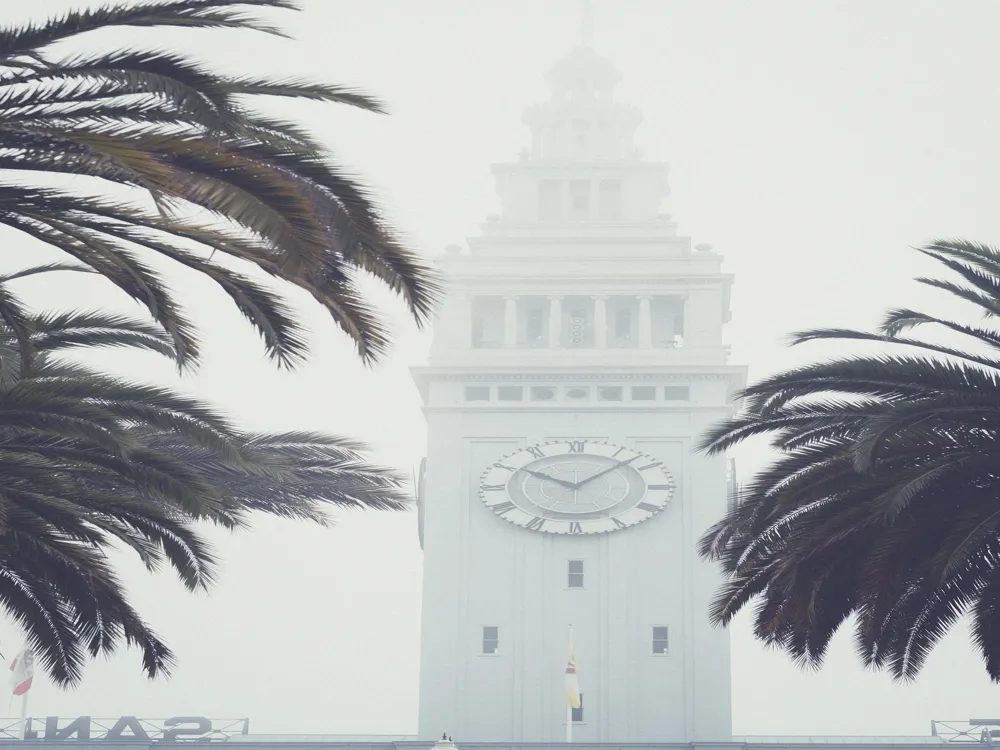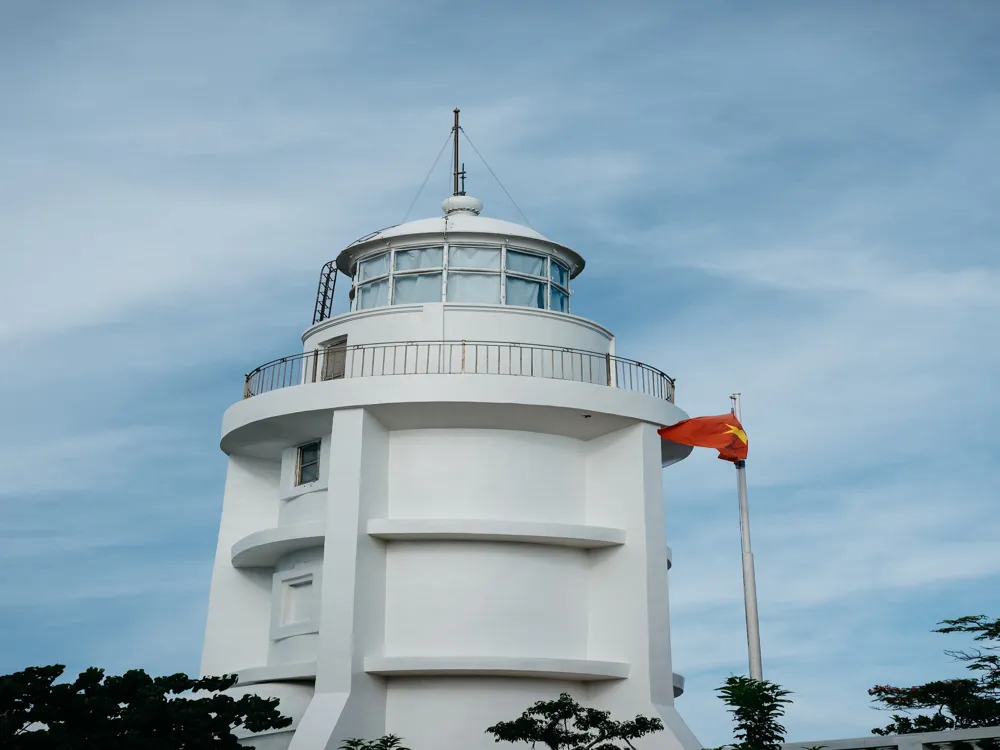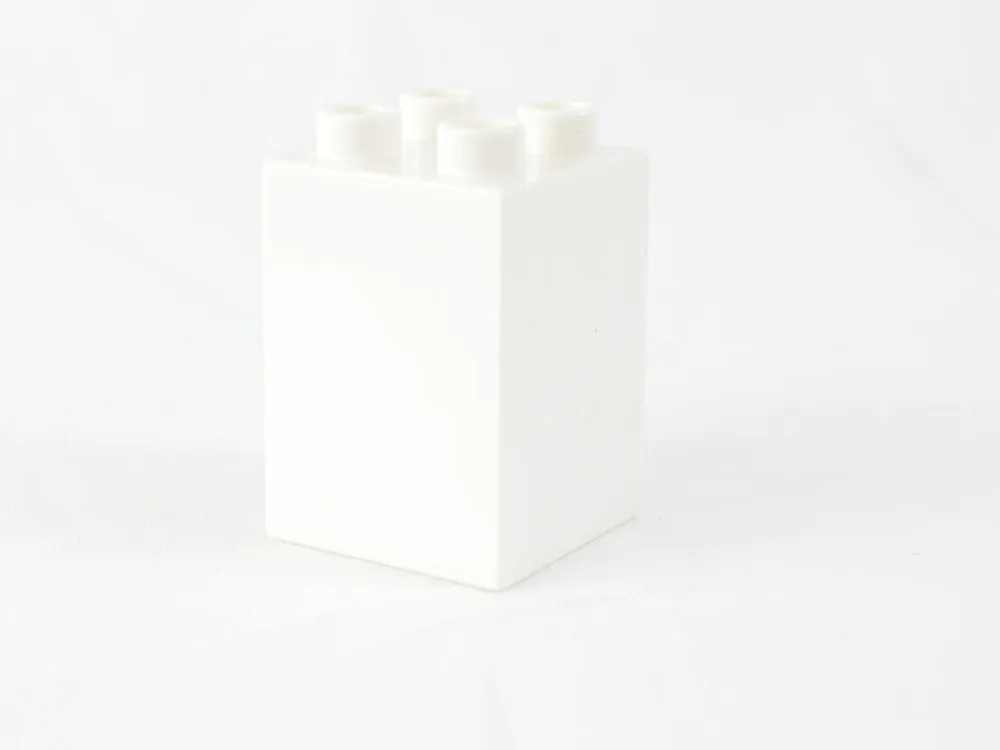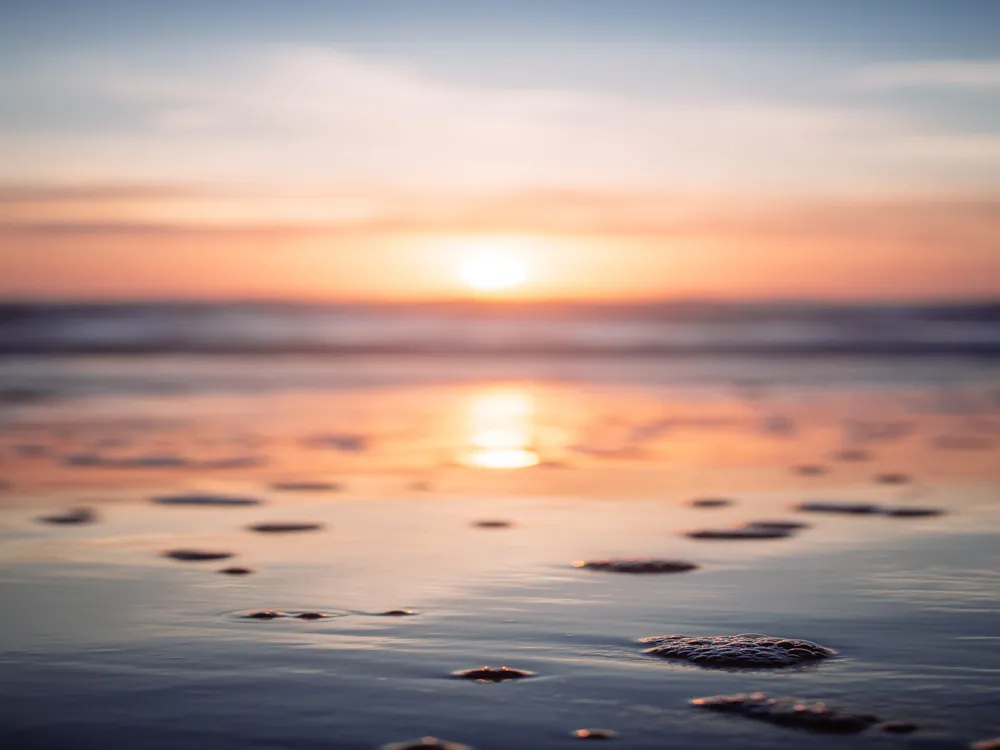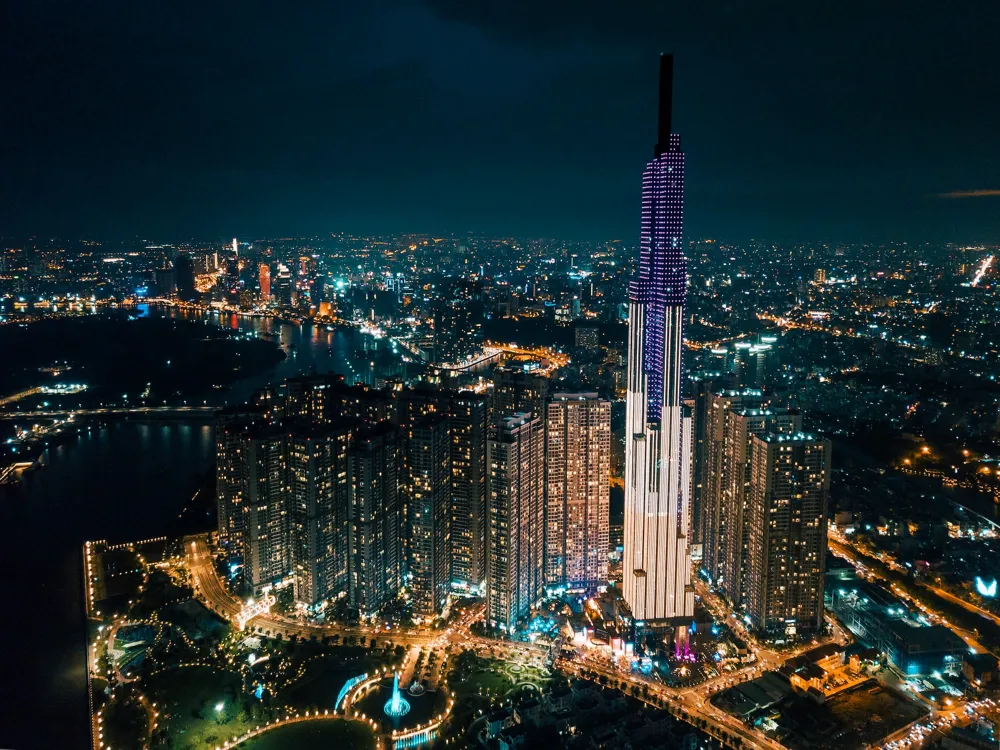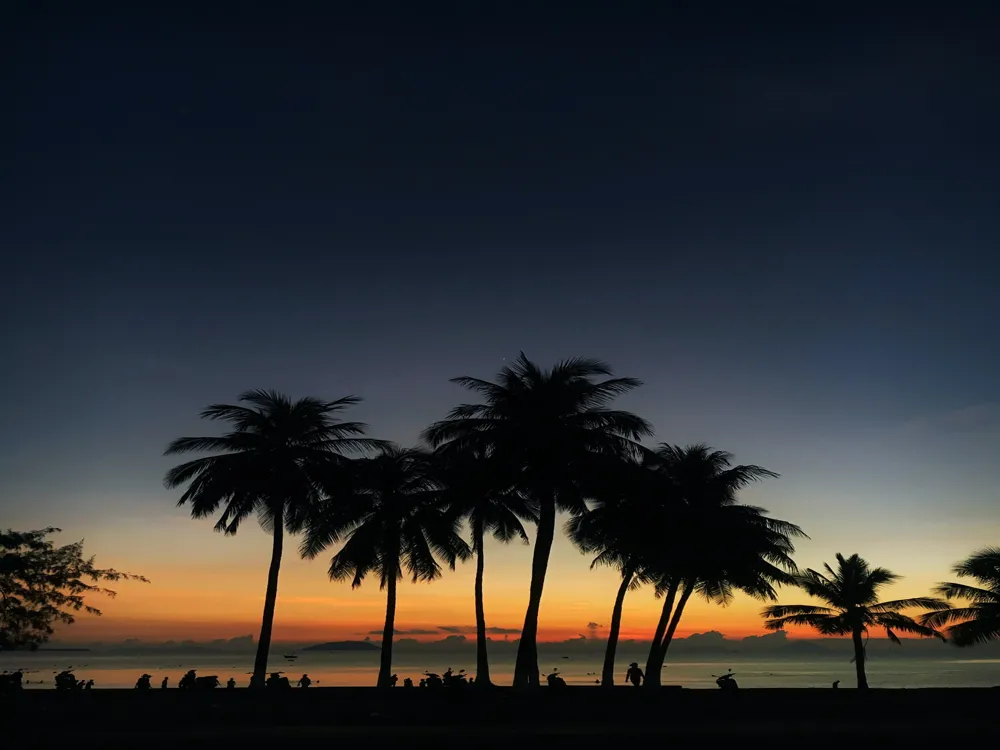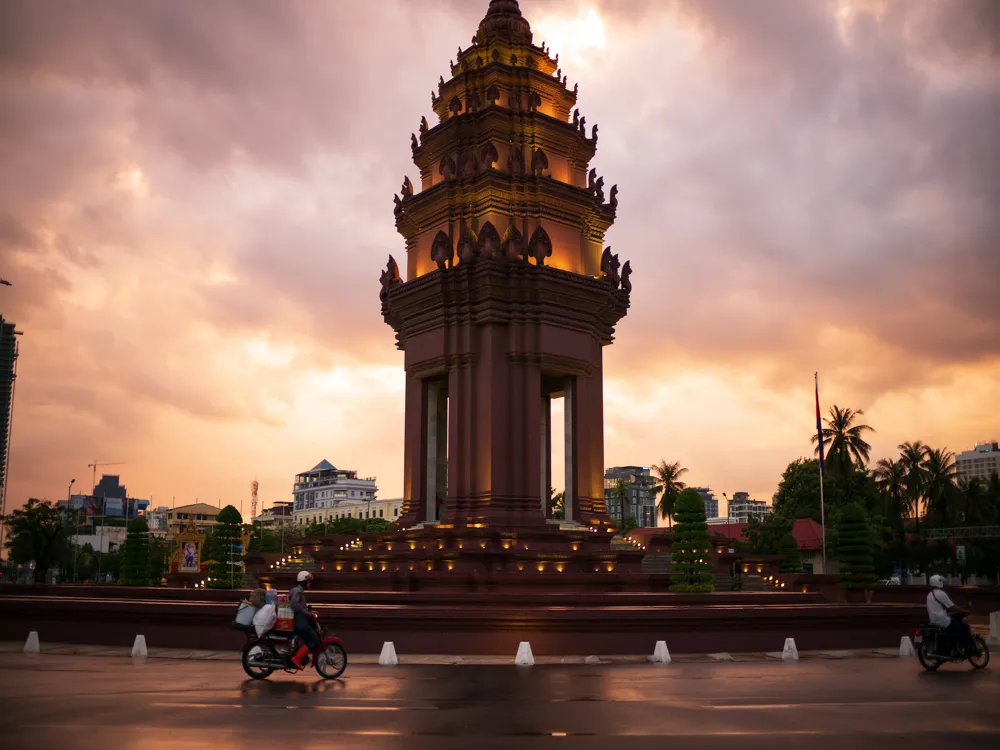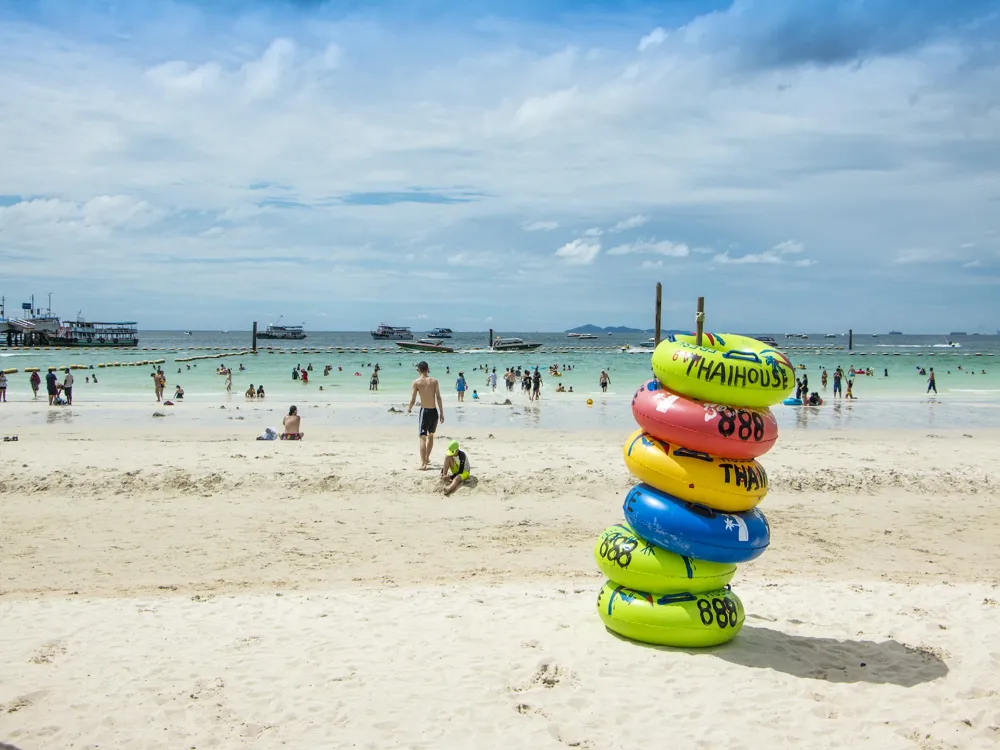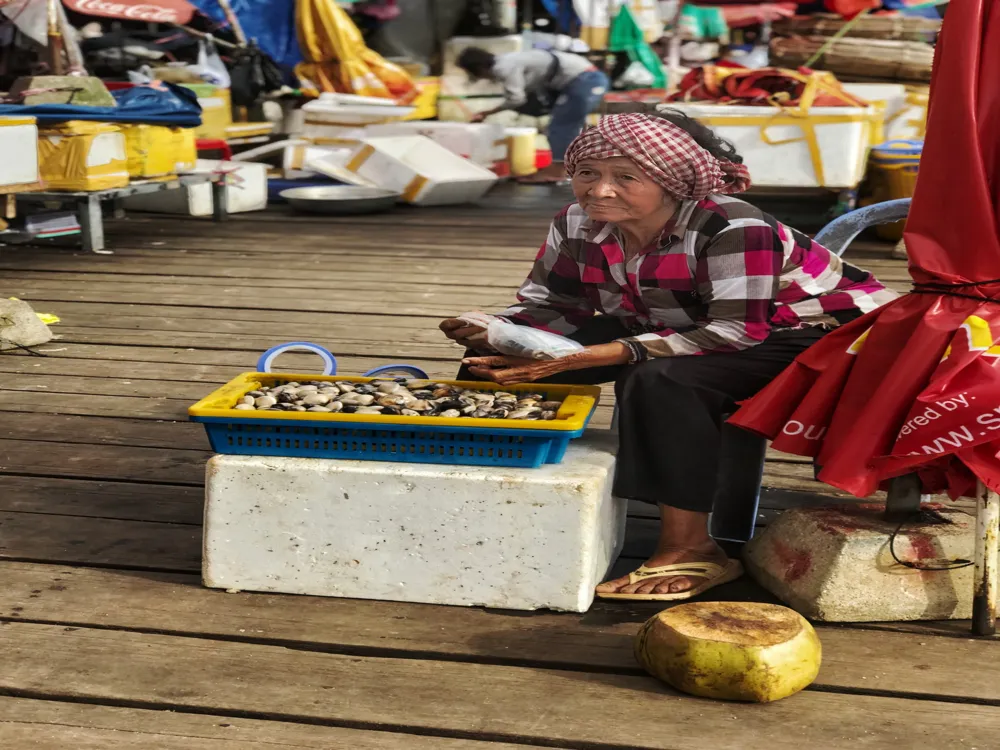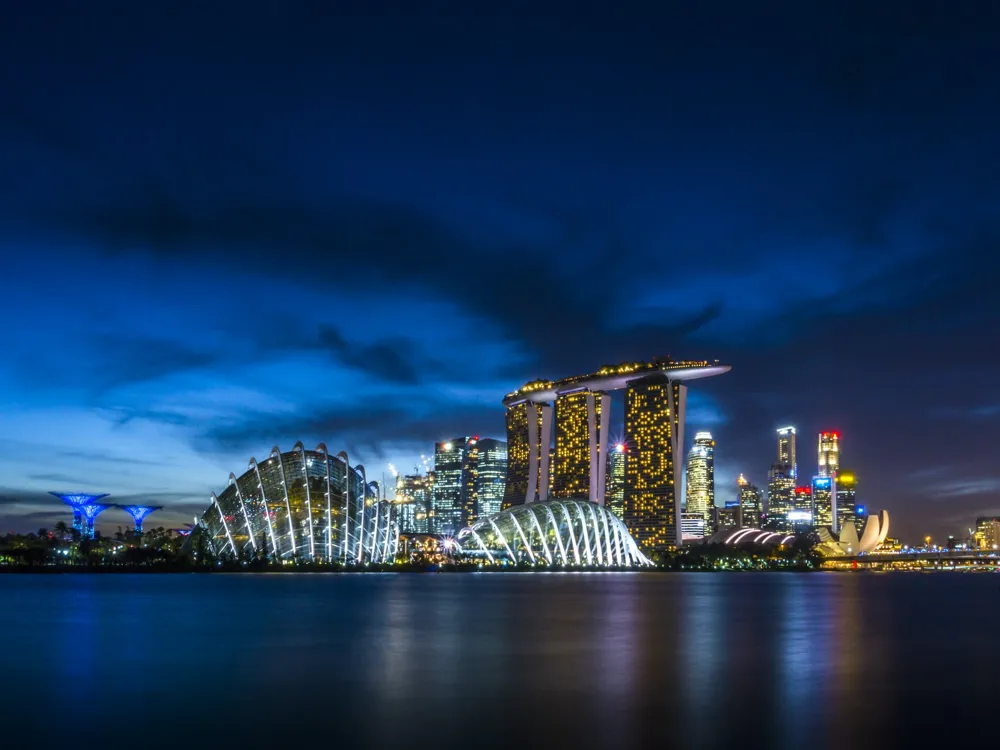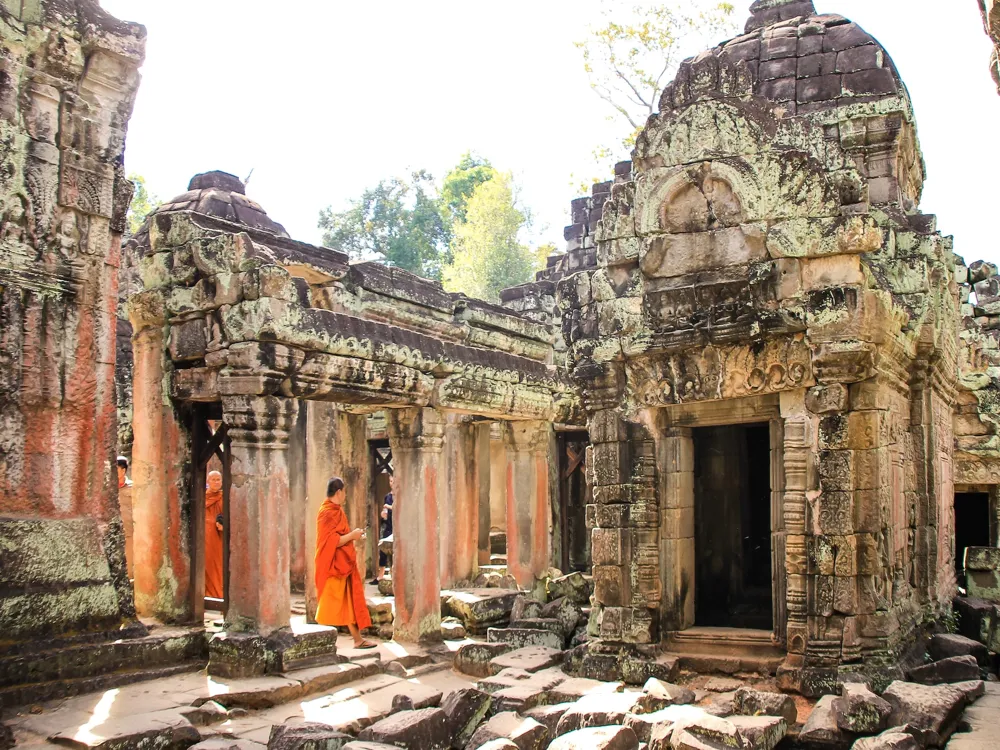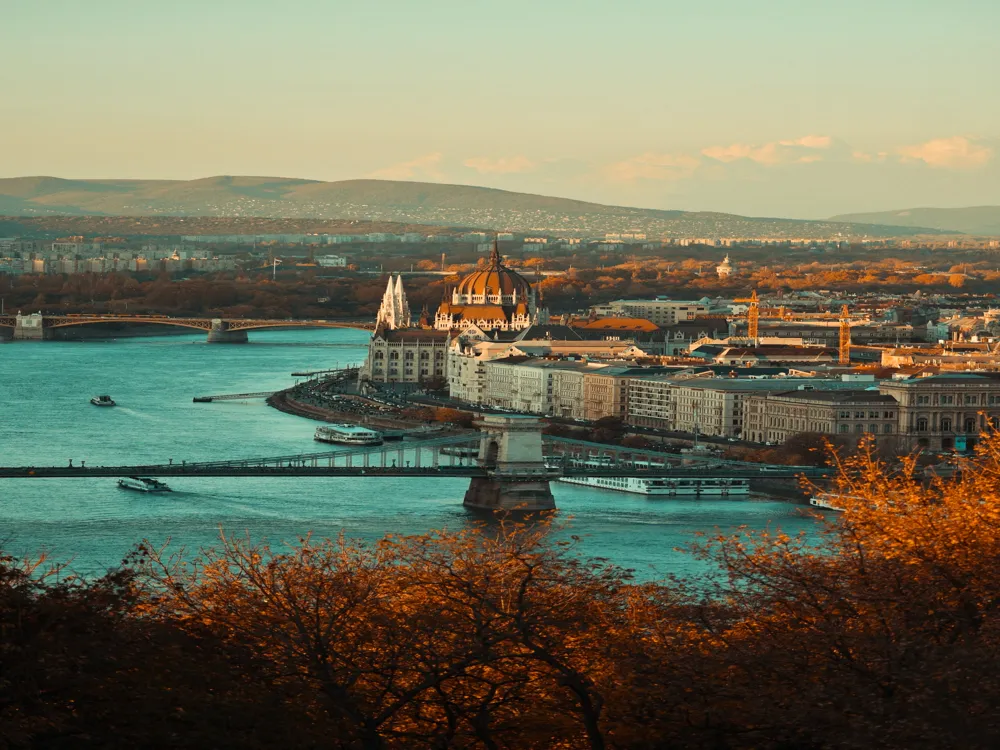Best Time to Visit Vung Tau
Vietnam
19 out of 46 Places to visit in VietnamNaN onwards View Packages
Get Customized PackagesThe Land of Diversity
Top Hotel Collections

Private Pool

Luxury Hotels

5-Star Hotels

Pet Friendly
What is the Best Time to Visit Vung Tau?
Planning a trip to Vung Tau? Choosing the right time to visit can significantly enhance your overall experience. We understand the importance of timing when it comes to travel, and we're here to guide you through the ideal periods to explore the captivating beauty of Vung Tau.
More about Best Time to Travel to Vung Tau
Travel Peak Season in Vung Tau
The bustling charm of Vung Tau reaches its peak during the high season. From November to April, visitors are greeted by warm temperatures, clear skies, and a vibrant atmosphere. This is the best time for beach lovers, as the sea is calm and inviting. Expect lively crowds, lively festivals, and an array of water activities. It's advisable to book accommodations and plan activities in advance due to the popularity of this period.
Travel Offseason in Vung Tau
For those seeking a more tranquil experience, the offseason from May to October is a hidden gem. Despite occasional rain showers, this period offers a unique charm. The landscapes are lush green, and you can enjoy Vung Tau's attractions with fewer tourists. Hotels often have discounts, making it an economical choice for budget-conscious travelers.
Vung Tau Travel Packages
View All Packages For Vung Tau
Vung Tau in Shoulder Season
The shoulder season, falling in between the peak and offseason, provides a delightful balance. September and October offer pleasant weather with a mix of sunshine and occasional rain. You can still enjoy the beaches and outdoor activities with fewer crowds. It's an excellent time for those who want a more relaxed experience without compromising on favorable weather conditions.
Vung Tau in Hot Season
If you thrive in hot weather, the months of March to May are perfect for you. During this period, temperatures soar, creating an ideal environment for sunbathing and water sports. Keep in mind that the beaches might be busier, so plan your activities accordingly. Ensure you stay hydrated and protect yourself from the intense sun rays.
Vung Tau in Rainy Season
While the rainy season from June to August brings occasional downpours, it also transforms Vung Tau into a lush paradise. The rain adds a poetic touch to the landscapes, and you can witness the region's natural beauty in full bloom. If you don't mind sporadic showers and enjoy the vibrant greenery, this season offers a unique perspective of Vung Tau.
Vung Tau in Cool Season
For those who prefer milder temperatures, December to February is the cool season in Vung Tau. The weather is comfortable, making it ideal for exploring the city and its surroundings. This is also a great time for cultural experiences and sightseeing without the discomfort of extreme heat.
In conclusion, Vung Tau's diverse climate ensures that there's a perfect time for every type of traveler. Whether you prefer the lively atmosphere of the peak season, the tranquility of the offseason, or the balanced conditions of the shoulder season, Vung Tau has something to offer year-round.
Places To Visit In Vung Tau
Nearby Places Vung Tau
Vung Tau Photos
View All Photos For Vung TauBrowse Package Collections
Browse Hotel Collections
Faq
When is the best time to visit Vung Tau?
The optimal time to visit Vung Tau is during the dry season, which typically runs from November to April. During this period, you can enjoy pleasant weather, with lower humidity and minimal rainfall.
What is the weather like in Vung Tau during the dry season?
Vung Tau experiences a tropical climate during the dry season, characterized by warm temperatures ranging from 25°C to 32°C (77°F to 89.6°F). This period offers plenty of sunshine and is ideal for outdoor activities.
Is it advisable to visit Vung Tau during the rainy season?
While the rainy season (May to October) can bring lush green landscapes, heavy rainfall and increased humidity might affect outdoor plans. It's recommended to visit during the dry season for a more comfortable experience.
Are there any festivals or events during specific months in Vung Tau?
Vung Tau hosts various cultural and religious festivals throughout the year. Check the local calendar for events such as the Dinh Co Festival in February and the Mid-Autumn Festival in September for a unique cultural experience.
What activities are popular during the dry season in Vung Tau?
The dry season is perfect for enjoying Vung Tau's beautiful beaches, exploring historical sites like the Christ the King statue, and indulging in water sports such as jet-skiing and parasailing.

